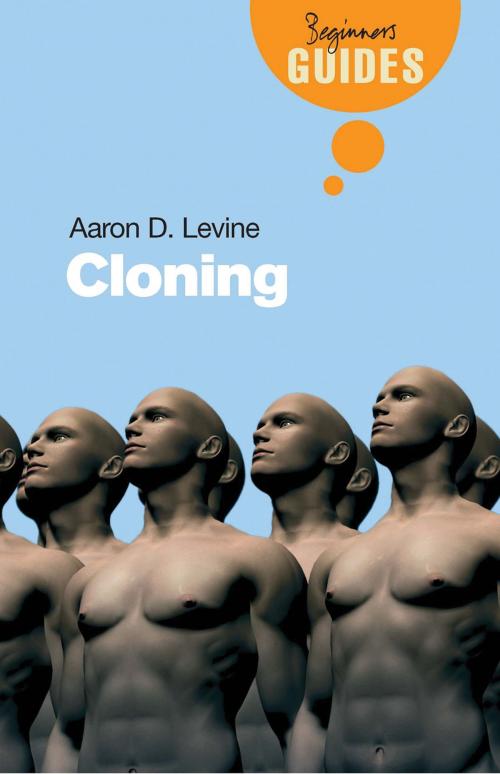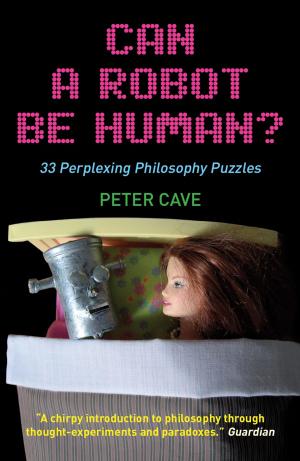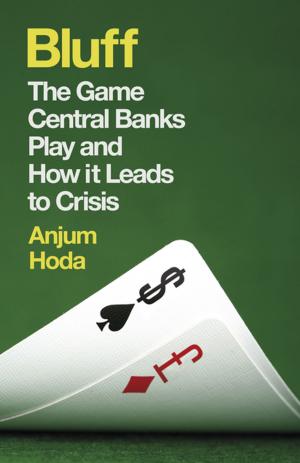| Author: | Aaron Levine | ISBN: | 9781780741437 |
| Publisher: | Oneworld Publications | Publication: | December 1, 2012 |
| Imprint: | Oneworld Publications | Language: | English |
| Author: | Aaron Levine |
| ISBN: | 9781780741437 |
| Publisher: | Oneworld Publications |
| Publication: | December 1, 2012 |
| Imprint: | Oneworld Publications |
| Language: | English |
Should we clone extinct or endangered species? Are we justified in using stem cells to develop cures? When will we clone the first human? Ever since Dolly the sheep, questions like these have rarely been far from the public consciousness, and cloning is now poised to revolutionize medicine, healthcare, and even the food we eat. Aaron Levine offers a masterful and accessible introduction to the science and development of cloning, right up to the present-day scandals surrounding attempts to clone humans. Guiding readers around the thorny political and ethical issues raised by such progress, Levine dispels the myths perpetuated by the media and sheds new light on the pros and cons of this fascinating and controversial topic. Aaron Levine is currently conducting research on the impact of public policy on biomedical research at the Woodrow Wilson School of Public and International Affairs, Princeton University.
Should we clone extinct or endangered species? Are we justified in using stem cells to develop cures? When will we clone the first human? Ever since Dolly the sheep, questions like these have rarely been far from the public consciousness, and cloning is now poised to revolutionize medicine, healthcare, and even the food we eat. Aaron Levine offers a masterful and accessible introduction to the science and development of cloning, right up to the present-day scandals surrounding attempts to clone humans. Guiding readers around the thorny political and ethical issues raised by such progress, Levine dispels the myths perpetuated by the media and sheds new light on the pros and cons of this fascinating and controversial topic. Aaron Levine is currently conducting research on the impact of public policy on biomedical research at the Woodrow Wilson School of Public and International Affairs, Princeton University.















